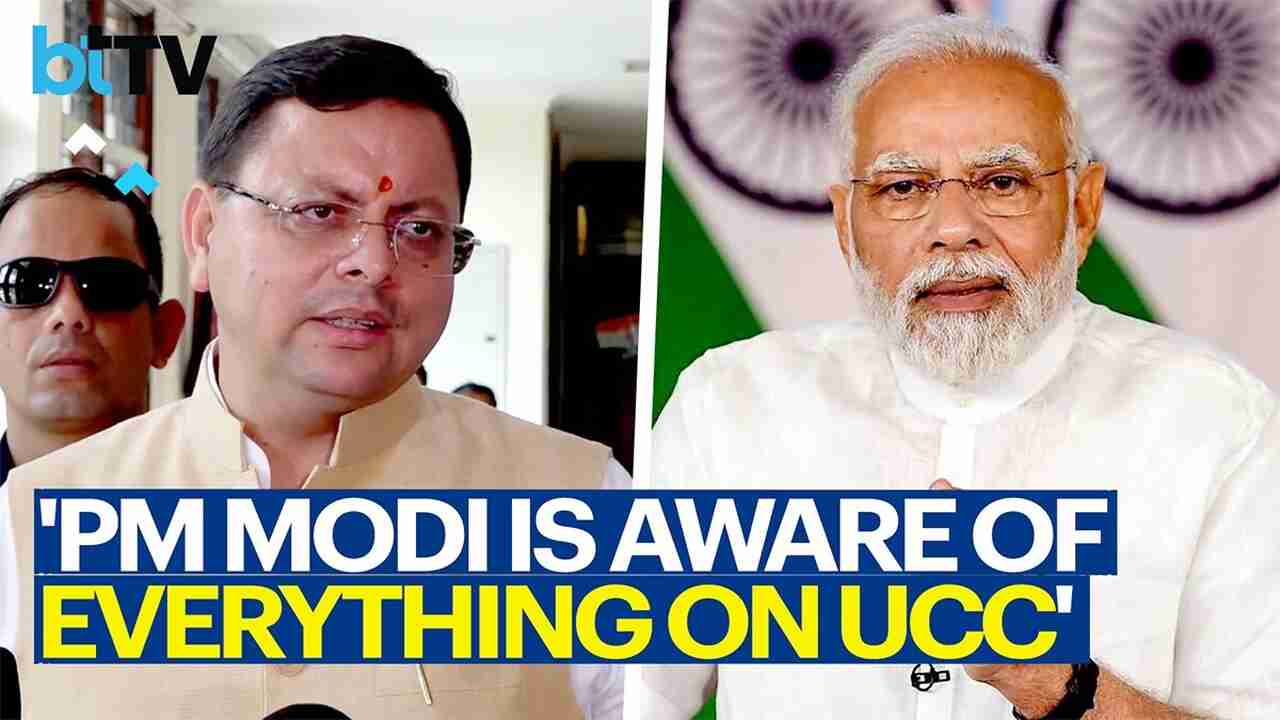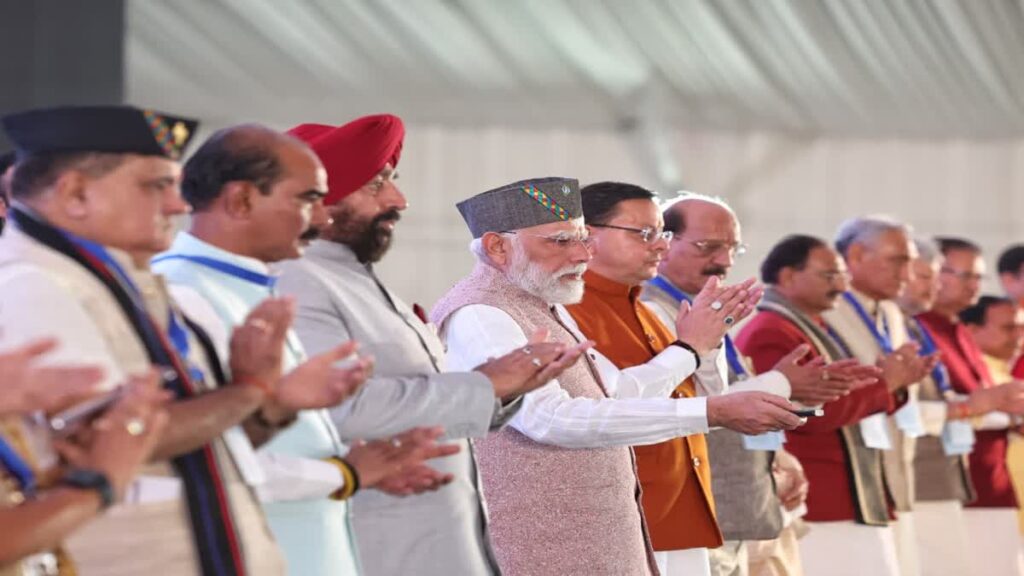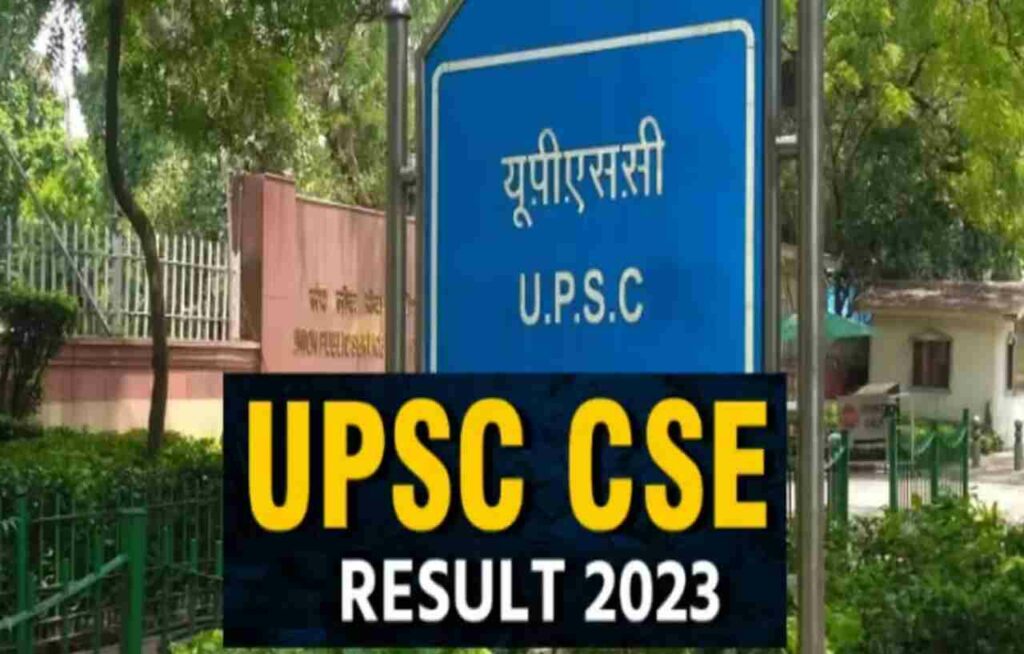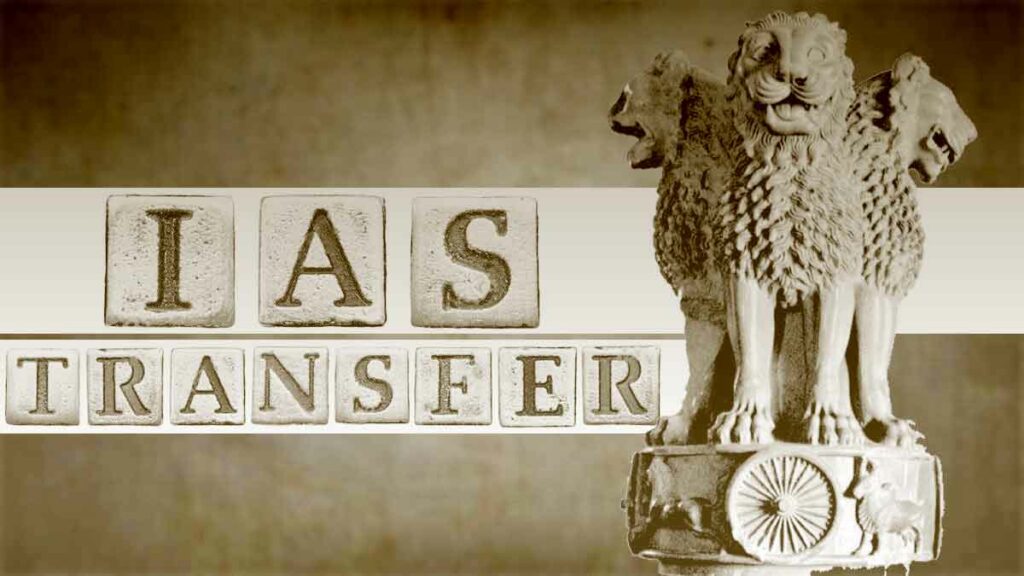New Delhi: With Uttarakhand paving the way for Uniform Civil Code (UCC) just ahead of the mega Lok Sabha elections in a few months, states such as Gujarat, Uttar Pradesh, Madhya Pradesh and Assam are quite keen on implementing the common law.
The BJP had said in its manifestoes for the 2014 and 2019 elections that it will implement the UCC in order to empower women and for gender justice.
Recently, Uttarakhand chief minister Pushkar Singh Dhami said that other states had reached out to him over the UCC draft. He did not elaborate much on the names of the states, but it is learnt that the Gujarat government has shown interest in looking at the UCC draft, as told to Times of India.
Now the question arises if the Uttarakhand UCC will be the template for the Centre’s law. Dhami indicated that Uttarakhand’s UCC will be studied from a national perspective since the state was the first one to come up with the draft, as told to Times of India.
GUJARAT
Ahead of the assembly elections, Gujarat home minister Harsh Sanghavi had in October, 2022 announced that the state will form a committee to implement UCC. He also stressed that the decision was made in accordance with Article 44 of Part 4 of the Constitution to apply a common law for all citizens. Minister Parshottam Rupala had asserted that the proposed UCC will not violate any fundamental rights, and will cover the Hindu Marriage Act and Muslim personal laws.
ASSAM
Chief minister Himanta Biswa Sarma said in January that Assam will be the third state, after Uttarakhand and Gujarat, to implement the UCC. He highlighted that the Assam UCC will not be applicable to the tribal communities, but it will have “innovative points” against child marriage and polygamy.
He further stressed the need to end polygamy, for which, his government is planning to bring a Bill in the budget session of the assembly this month.
An expert committee had submitted a report on the assembly’s competence to end polygamy, following which 150 suggestions were received regarding the proposed Bill to end the social menace in the state, he said.
UTTAR PRADESH
Another BJP-ruled state is likely to follow the UCC suit. Deputy chief minister Keshav Prasad Maurya hinted that Uttar Pradesh is “not in disagreement with UCC, will implement it at the right moment”.
HARYANA
Haryana home minister Anil Vij had said in 2022 that the implementation of UCC is being studied in the state. Although every citizen is equal for a government, UCC will be considered at some places, he pointed out.
MAHARASHTRA
Uddhav Thackeray’s Shiv Sena (UBT) will apparently support Centre’s push for UCC in the country. Last year, Maharashtra Congress formed a nine-member committee headed by former Mumbai university vice-chancellor Bhalchandra Mungekar to study the proposed UCC.
MADHYA PRADESH
Chief minister Mohan Yadav had this month said in an TV interview that his government will implement UCC. He stressed that he will follow what the Centre will say. “Madhya Pradesh follows the rule of land”, he added. Former CM Shivraj Singh Chouhan had said a committee will be formed in MP to look in the issue.SOUTHERN STATES OPPOSE UCC
The Kerala Legislative assembly last August had passed a resolution unanimously against the UCC, calling it “unilateral and hasty”. The resolution, presented by Chief Minister Pinarayi Vijayan, expressed concern and dismay at the central government’s move to impose the rule.
Tamil Nadu chief minister MK Stalin has strongly opposed the UCC. DMK general secretary Duraimurugan had said the common law would “wipe away the personal laws of each religion in personal matters”.
UTTARAKHAND UCC HIGHLIGHTS
The 800-page final report submitted by the five-member committee to Uttarakhand chief minister Pushkar Singh Dhami recommends exempting tribal communities from its purview, focusing on women empowerment, including banning polygamy and forming a uniform marriage age across religions.
- Age for marriage: The age of girls for marriage to be increased to 21 years from present 18 years.
- Marriage registration: The UCC will make the registration of marriages mandatory.
- Live-in couples: It will be mandatory for live-in couples to inform their parents.
- Halala and iddat: The UCC draft mentions discontinuing the practice of ‘halala’ and ‘iddat’ – terms commonly used while settling marriage disputes among Muslims.
- Polygamy: The UCC bans the practice of ‘polygamy’ under Muslim personal law.
- Divorce rights: The draft gives equal grounds and rights to both man and woman, irrespective of the faith, to seek divorce.
- Population control: The draft has reportedly recommended putting a cap on the number of children.








